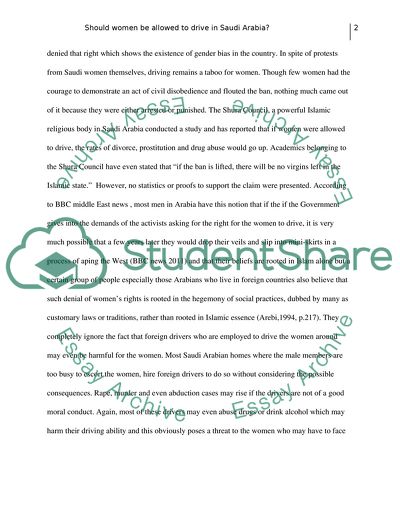Cite this document
(“Women And Empowerment In The Arab World Research Paper”, n.d.)
Women And Empowerment In The Arab World Research Paper. Retrieved from https://studentshare.org/sociology/1790048-writing-class-research
Women And Empowerment In The Arab World Research Paper. Retrieved from https://studentshare.org/sociology/1790048-writing-class-research
(Women And Empowerment In The Arab World Research Paper)
Women And Empowerment In The Arab World Research Paper. https://studentshare.org/sociology/1790048-writing-class-research.
Women And Empowerment In The Arab World Research Paper. https://studentshare.org/sociology/1790048-writing-class-research.
“Women And Empowerment In The Arab World Research Paper”, n.d. https://studentshare.org/sociology/1790048-writing-class-research.


